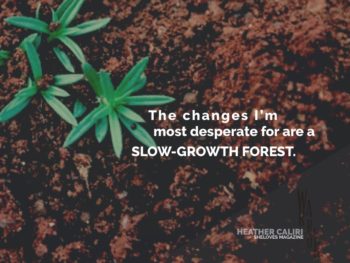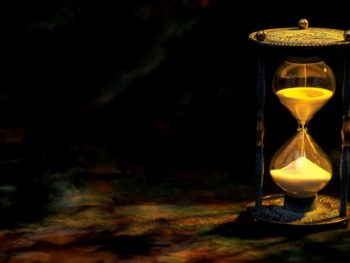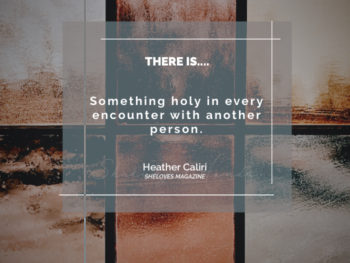
This was going to be a pretty post about God singing back to us.
Zephaniah 3:17 says:
The Lord your God is in your midst,
a mighty one who will save;
he will rejoice over you with gladness;
he will quiet you by his love;
he will exult over you with loud singing.
I love this image of God singing back to us, of the music of the universe originating in the one who is mighty. I love the idea of God standing over us like a mother singing lullabies. I love the closeness, the power and music in this verse.
The only problem is the book that surrounds it.
It’s horrifying.
I don’t like reading about entrails being poured out, or people groping like the blind because they have sinned. I do not like hearing about the Philistines being wiped out completely.
I don’t usually like reading the prophets unedited, because I do not understand them.
I have been afraid of the Bible many times when I read it. Sometimes I read it and its words do not speak to me, or the words they do speak are dark and bloody, like something out of a movie I wouldn’t watch for fear of bad dreams. There is darkness and death in the Bible, and I want to ignore it. There is ugliness and pain and condemnation and I want to run away.
I have been trying, lately, to not run away. I have been trying to take baby steps towards being honest about passages that grieve me. I am trying to trust God with His word.
So, I bring myself back, trembling, to Zephaniah. There the Lord is, singing, and there is the death and destruction alongside him. I wonder: how do these belong together? How are entrails and the quiet love of the Lord not just in the same Bible, but in the same book?
And here’s what I see when I read more carefully, when I look through some commentaries and read a few different translations:
I see the power structures of the ancient Near East exposed and condemned.
The foreign powers: the kings that mock the Israelites and their God, who oppress and exile the people.
But also the powers in Israel: the wealthy, the indifferent, the corrupt.
Zephaniah speaks words of some comfort to the humble in the middle of the book:
Seek the Lord, all you humble of the land,
you who do what he commands.
Seek righteousness, seek humility;
perhaps you will be sheltered
on the day of the Lord’s anger. (2:3)
It is something, especially given the verses that attracted me to Zephaniah in the first place. No, I don’t like that word “perhaps,” but it is something.
I think about those causing pain in our world and I can understand, with an ounce of me, the desire for compensatory suffering.
I sit with that ounce for a moment. Here’s what comes to me.
Compensatory suffering: I see Jesus on the road to Calvary. I see him stumbling as though blind. I see them piercing his side, and the water from his entrails running out.
Did the conflagration come? No, God took it upon himself. Somehow, he swallowed whole that awful prophecy and bore its destruction for us.
The truth is, these words, the awful darkness in the Bible is too much for me, but it is often because I hear it echoed each day in the destructiveness of this world. I do not want it to exist, but it does. I do not want redemption to be needful, but it is.
I would like the darkness to be less obvious in the Bible, because it makes me deeply uncomfortable. But maybe uncomfortable isn’t a terrible reaction. No, I’m learning to sit in my discomfort and my honesty and wait for the song to come.
Originally published at Anita Mathias’ site.














 You don’t have to save Christmas
You don’t have to save Christmas